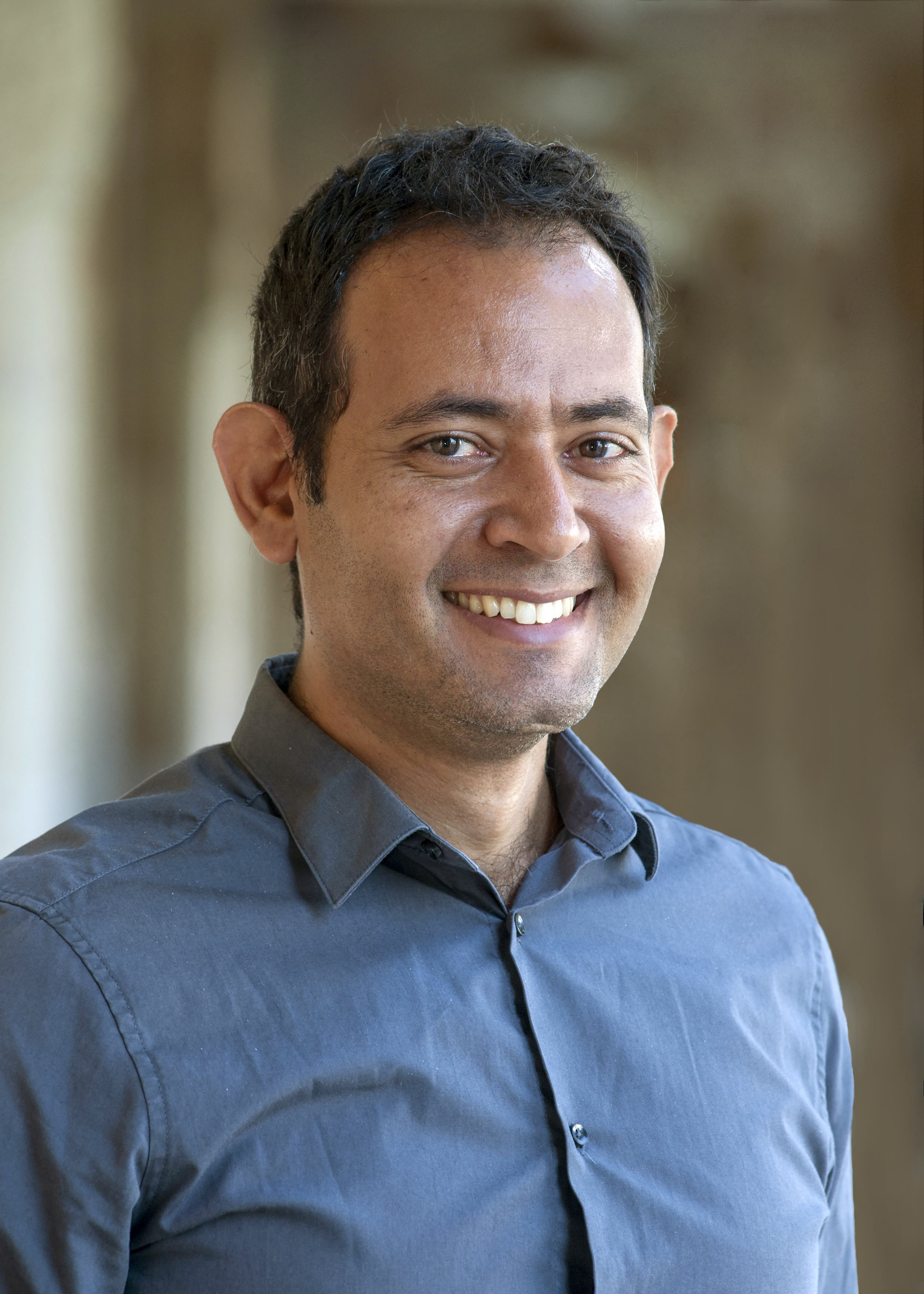
Six PhD students will commence this semester as UQ’s inaugural Graduate Digital Research Fellows, under the guidance of RCC’s Marco Fahmi.
Umme Salma, Andrew Dougall, Robyn Gulliver, Seonkyeong Kim, Mu Zhang and Lujain Shafeeq were selected from 10 applicants from the humanities and social sciences for the fellowships.
Administered by UQ’s Graduate School, the fellowship is designed to prepare research students for academic or non-academic careers in digital scholarship. Marco developed the program with UQ’s Centre for Digital Scholarship and UQ’s Faculty of Humanities and Social Sciences.
The fellows will spend one year honing their digital skills and working with local and international digital research practitioners to create a scholarly work that uses digital research methods, such as digital publication, software or data sets.
They will have access to digital research support staff — such as Marco, RCC’s Manager, Digital Humanities and Social Sciences — who can advise and collaborate on their digital projects.
The fellowship is intended to enhance the fellow's current research or thesis topic (see below for a list of the six fellows’ research topics).
Andrew Dougall, from UQ’s School of Political Science and International Studies, said he is “thrilled” to be taking up the fellowship, which he hopes will equip him with “exciting” new strategies for approaching the identity politics of social media.
“The big question for my thesis is how communication technologies have shaped the international system through their influence on illiberal nationalism and, bringing this up to date, Trump’s America is hard to ignore. Training in social media analytics will mean I can map online networks and information flows as a starting point for constructing a theory of identity formation.”
Andrew said his research aims to plug a gap in the field of international relations. “Much of our thinking about the connection between nationalism, internationalism, and communication technologies remains focused on the nineteenth century. If we are to understand the effects of social media on world politics today, we must refresh and update this analysis.”
The full list of Graduate Digital Research Fellows, their departmental base and research topics, are as follows:
- Umme Salma, School of Languages and Cultures: The representation of research methods in literary studies using visualisation tools.
- Andrew Dougall, School of Political Science and International Studies: US illiberal nationalism using social media analytics.
- Robyn Gulliver, School of Communication and Arts: Social ties in Australian environmental organisations’ campaigns using social media analysis.
- Seonkyeong Kim, School of Languages and Cultures: Korean cultural concepts as reflected in Korean language textbooks from 1950s to the present using critical discourse analysis.
- Mu Zhang, School of Historical and Philosophical Inquiry: The telegraphic correspondence of Zhang Zhidong’s provincial government in China from 1889–1903 using text analysis.
- Lujain Shafeeq, School of Communication and Arts: Democratic discourse in social media in the Maldives using text analysis.
For more information about UQ’s Graduate Digital Research Fellowship, please contact: admin@rcc.uq.edu.au.



